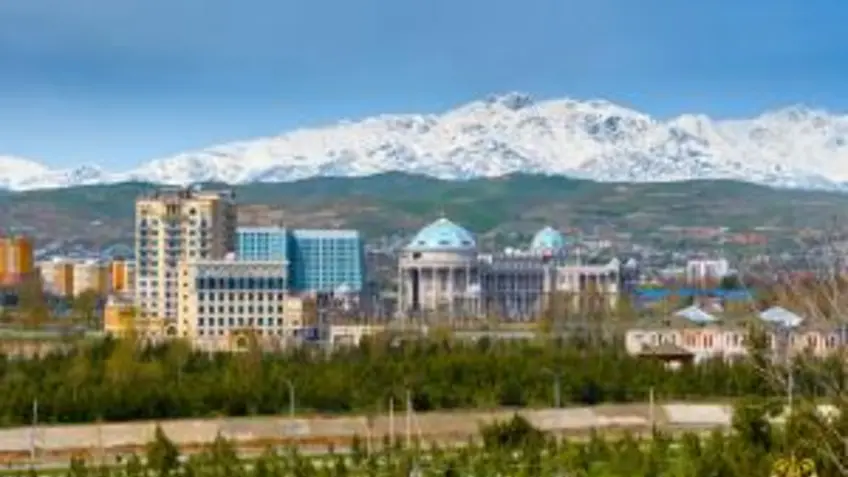Tajikistan Showcases Expansive NDC and Climate Finance Plans at Central Asia Investment Forum
Dushanbe, Tajikistan, July 3, 2023 – The Government of Tajikistan unveiled its NDC Implementation Plan and Climate Finance Plan at the Climate Finance Forum for Central Asia & South Caucasus today, detailing the country’s strategy to achieve its updated and enhanced NDC targets under the global Paris Agreement. The Forum, organized by the NDC Partnership and United Nations (UN) Climate Change Secretariat, brings together regional stakeholders to identify areas of collaboration and cooperation towards effective NDC implementation.
Tajikistan’s NDC Implementation Plan presents a roadmap for mitigation and adaptation actions to achieve significant, long-term emission reductions — upwards of 50% of 1990 levels by 2030 — and increases the country’s resilience to climate change. The Plan identifies nearly 100 mitigation and adaptation actions across numerous sectors, including energy, industrial process and use, agriculture, forestry, land use and waste.
It is estimated that 7% of Tajikistan’s Gross Domestic Product will be required to finance all of the goals in the Implementation Plan. As such, the Climate Finance Strategy, developed with support from the Asian Development Bank (ADB), serves to identify, mobilize, assess and scale up international climate finance to assist Tajikistan in achieving these targets.
“We are excited to discuss our ambitious NDC and climate-related plans at this critically important regional forum, particularly among so many esteemed climate colleagues and experts,” said Mr. Bahodur Sheralizoda, Chairman of Tajikistan Committee of Environmental Protection. “We are eager to work with development partners and other stakeholders, both local and international, to implement these plans, ultimately reaching, or surpassing, our NDC-related goals and contributing to global climate action at this urgent moment."
The Climate Finance Forum is a crucial platform for representatives from Central Asian and South Caucasus countries, including Armenia, Azerbaijan, Georgia, Mongolia, Tajikistan, Kyrgyzstan, Uzbekistan, Kazakhstan and Turkmenistan, NDC Partnership members, international finance institutions, and multilateral development banks to identify and share successful means to advance inclusive climate financing and international investment for NDC implementation. As a co-organizer, the UN Climate Change Secretariat held a needs-based financing workshop for country delegates, featuring trainers from the Green Climate Fund and the Adaptation Fund. Participants brought a diverse set of climate-related experiences in Central Asia, influencing and informing climate policy and action throughout the region.
“This event is unique in that it fosters cooperation in a particularly exposed region to the effects of climate change given the area’s arid, landlocked geography,” said NDC Partnership Deputy Director of Country Engagement Estefania Ardila. “Engagements like this are invaluable. They serve capacity building and peer learning functions and provide opportunities for developing new climate solutions tailored to the specific region and the countries therein.”
For media inquiries
Caitlin Pinkard, Communications Manager, Outreach & Governance, NDC Partnership Support Unit: caitlin.pinkard@ndcpartnership.org
About the NDC Partnership
The NDC Partnership brings together more than 200 members, including more than 115 countries, developed and developing, and more than 80 institutions to create and deliver on ambitious climate action that help achieve the Paris Agreement and the Sustainable Development Goals (SDGs). Governments identify their NDC implementation priorities and the type of support that is needed to translate them into actionable policies and programs. Based on these requests, the membership offers a tailored package of expertise, technical assistance, and funding. This collaborative response provides developing countries with efficient access to a wide range of resources to adapt to and mitigate climate change and foster more equitable and sustainable development.
